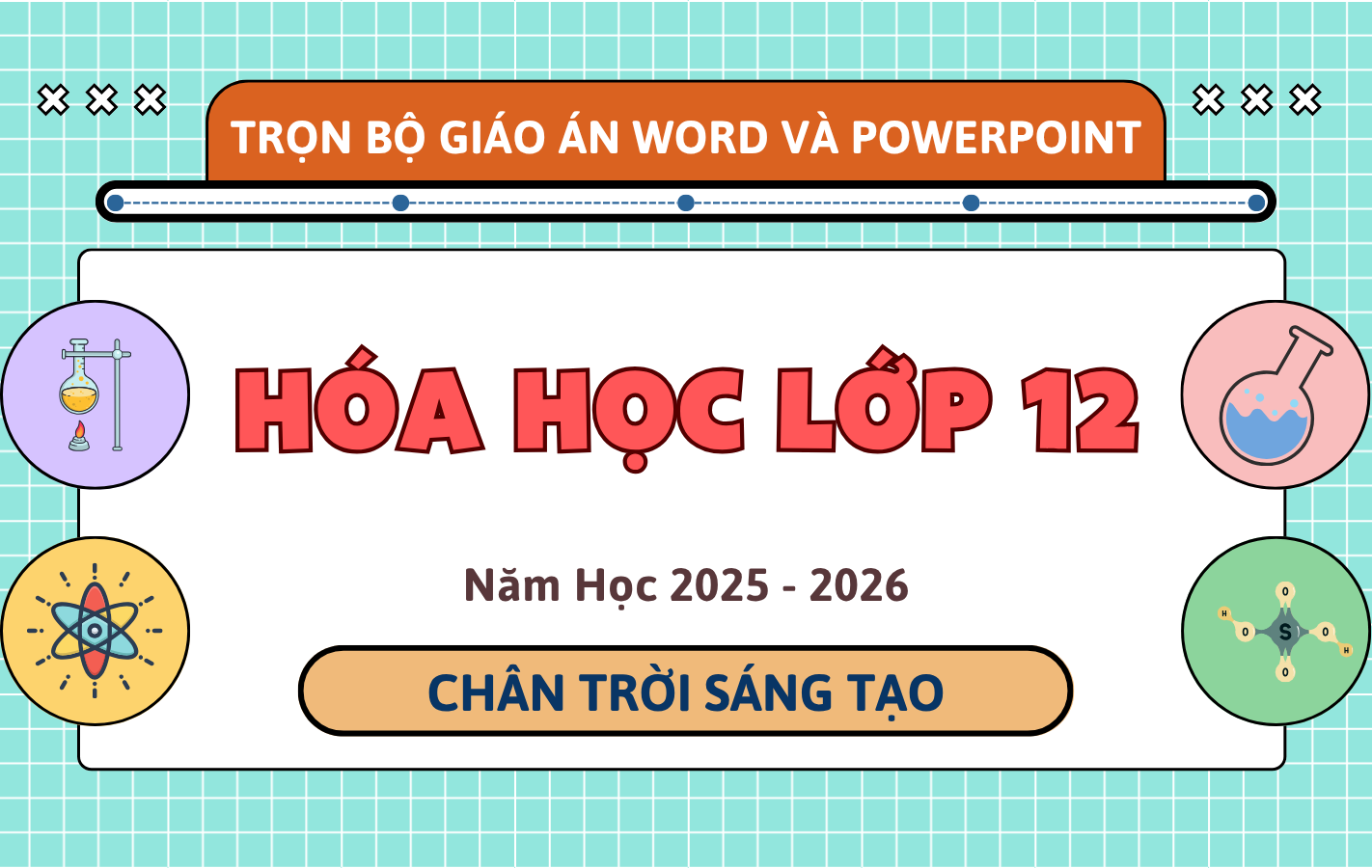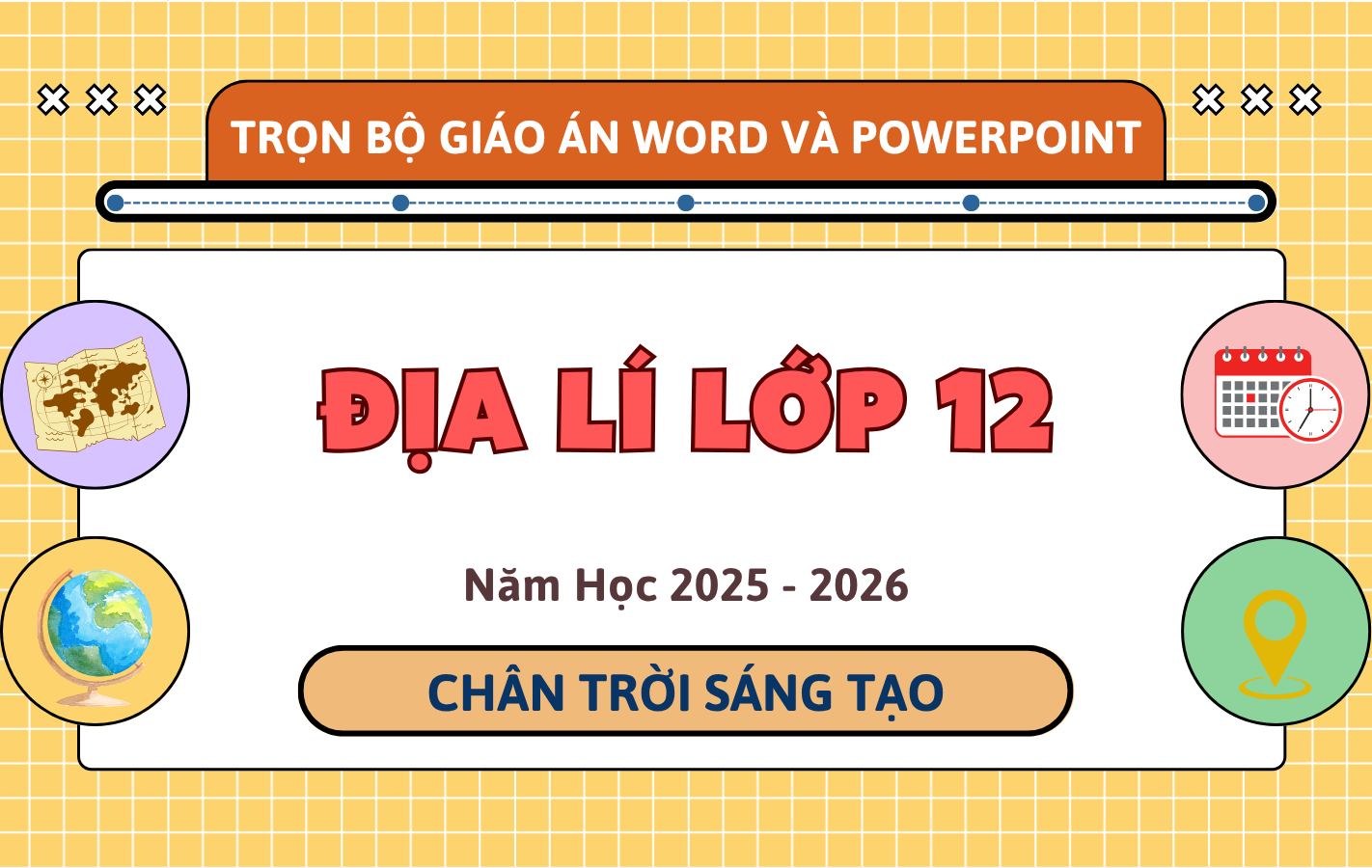Câu hỏi:
Read the passage carefully. Choose an option (A, B, C, or D) that best answers each question from to 646 to 650:
1. Millions of people are using cellphones today. In many places, it is actually considered unusual not to use one. In many countries, cellphones are very popular with young people. They find that the phones are more than a means of communication - having a mobile phone shows that they are cool and connected.
2. The explosion in mobile phone use around the world has made some health professionals worried. Some doctors are concerned that in the future many people may suffer health problems from the use of mobile phones. In England, there has been a serious debate about this issue. Mobile phone companies are worried about the negative publicity of such ideas. They say that there is no proof that mobile phones are bad for your health.
3. On the other hand, medical studies have shown changes in the brain cells of some people who use mobile phones. Signs of change in the tissues of the brain and head can be detected with modern scanning equipment. In one case, a traveling salesman had to retire at young age because of serious memory loss. He couldn't remember even simple tasks. He would often forget the name of his own son. This man used to talk on his mobile phone for about six hours a day, every day of his working week, for a couple of years. His family doctor blamed his mobile phone use, but his employer's doctor didn't agree.
4. What is it that makes mobile phones potentially harmful? The answer is radiation. High-tech machines can detect very small amounts of radiation from mobile phones. Mobile phone companies agree that there is some radiation, but they say the amount is too small to worry about.
5. As the discussion about their safety continues, it appears that it's best to use mobile phones less often. Use your regular phone if you want to talk for a long time. Use your mobile phone only when you really need it. Mobile phones can be very useful and convenient, especially in emergencies. In the future, mobile phones may have a warning label that says they are bad for your health. So for now, it's wise not to use your mobile phone too often.
According to paragraph 3, which is TRUE about the salesman?
Đáp án đúng: C
Lời giải
Theo đoạn 3, câu nào là ĐÚNG về người bán hàng?
A. Anh ta không nhớ tên mình.
B. Anh ta đổ lỗi cho bác sĩ của mình.
C. Anh ta có vấn đề về trí nhớ.
D. Anh ta phải nghỉ hưu vì tuổi tác.
Thông tin: In one case, a traveling salesman had to retire at young age because of serious memory loss.
Tạm dịch: Trong một trường hợp, một nhân viên bán hàng lưu động đã phải nghỉ hưu khi còn trẻ vì chứng mất trí nhớ nghiêm trọng.
Câu hỏi này thuộc đề thi trắc nghiệm dưới đây, bấm vào Bắt đầu thi để làm toàn bài
Đề Thi Tham Khảo Đánh Giá Năng Lực Năm 2024 – ĐHQG Hà Nội – Đề Số 01 là bài kiểm tra toàn diện và khoa học, giúp học sinh thể hiện năng lực giải quyết vấn đề, tư duy sáng tạo và phân tích logic. Với ba phần thi chính: Toán Học Và Xử Lí Số Liệu, Văn Học - Ngôn Ngữ, và Khoa Học/Tiếng Anh, đề thi không chỉ dừng lại ở việc kiểm tra kiến thức cơ bản mà còn yêu cầu thí sinh phát triển khả năng lập luận và ứng dụng thực tiễn. Đặc biệt, phần thi Khoa Học cho phép lựa chọn giữa Vật Lí, Hóa Học, Sinh Học, Lịch Sử, Địa Lí tạo điều kiện cho thí sinh phát huy thế mạnh cá nhân.
Câu hỏi liên quan

Trọn Bộ Giáo Án Word & PowerPoint Tiếng Anh 12 – I-Learn Smart World – Năm Học 2025-2026

Trọn Bộ Giáo Án Word & PowerPoint Tiếng Anh 12 – Global Success – Năm Học 2025-2026

Trọn Bộ Giáo Án Word & PowerPoint Hóa Học 12 – Kết Nối Tri Thức – Năm Học 2025-2026

Trọn Bộ Giáo Án Word & PowerPoint Hóa Học 12 – Chân Trời Sáng Tạo – Năm Học 2025-2026

Trọn Bộ Giáo Án Word & PowerPoint Công Nghệ 12 – Kết Nối Tri Thức – Năm Học 2025-2026
